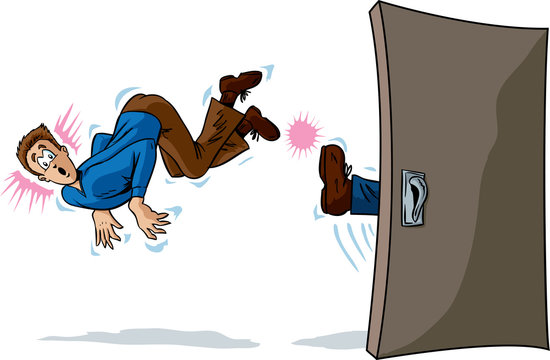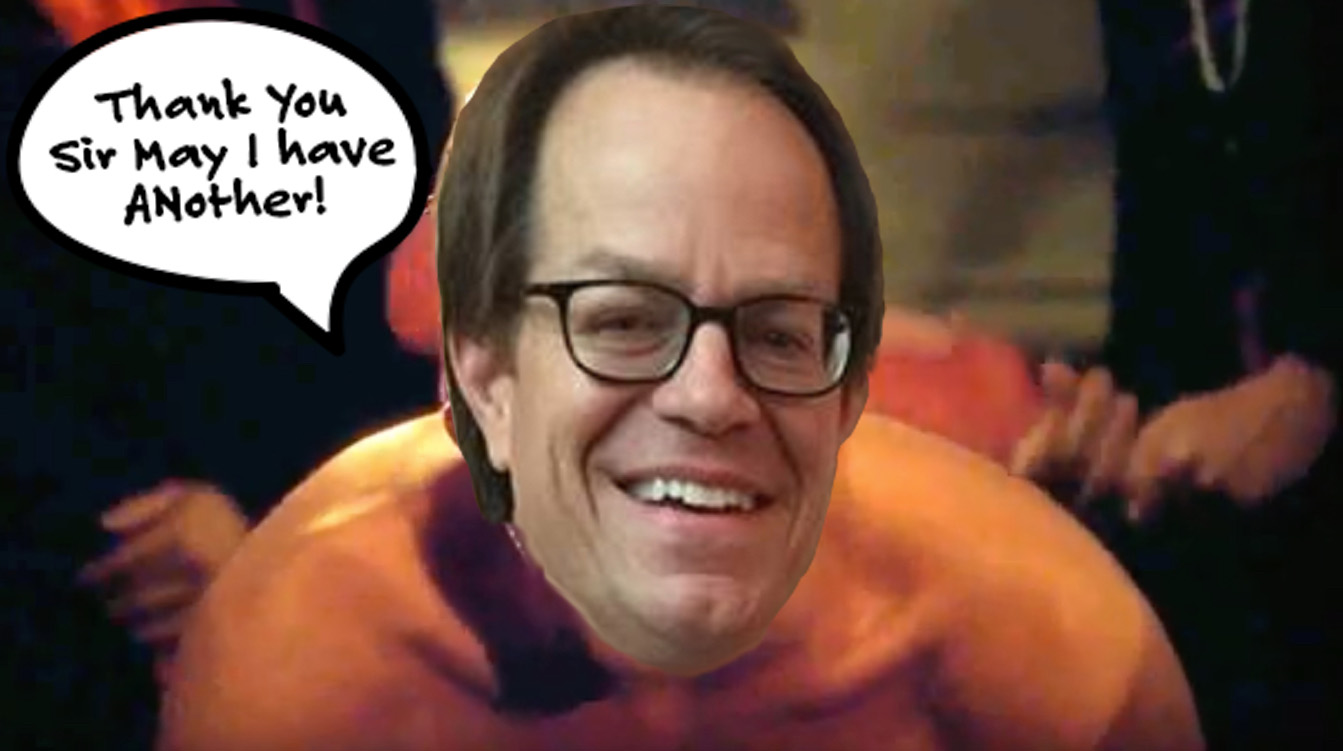MFI-Miami Featured In Article About Michigan Foreclosure Firm Implicated In Robo-Signing
Todd Heywood, Michigan Messenger
A Massachusetts county clerk says a forensic examination of documents filed by Troy-based Orlans Associates, one of the largest foreclosure firms in Michigan, shows that the company has engaged in illegal Robo-signing.
Robo-signing is when a bank, mortgage company or foreclosure company has multiple people sign documents with the name of the person who is supposed to sign those documents and then has them notarized as having been signed by that person. In the case of Orlans, the signer was supposed to be attorney Marshall Isaacs, but he has now been implicated in two states for having had others sign his name and notarize that he did so.
Kevin Harvey, first assistant clerk for the Southern Essex District Register of Deeds in Massachusetts, says a private mortgage fraud investigator brought the robo-signing to the attention of his boss, John O’Brien. That investigator, Steve Dibert, runs MFI-Miami which has offices in Florida as well as Traverse City.
“Steve [Diberts]’s work on Marshall Isaacs was confirmed by our certified mortgage fraud examiner Marie McDonnell here in Massachusetts and his name is on our registry’s robo-signers list,” Harvey told the Michigan Messenger.
Dibert spent 18 years in the mortgage industry before starting MFI-Miami, which has investigated over 700 questionable mortgage documents in 11 states and Washington, D.C. He was the primary source in providing Ingham County Register of Deeds Curtis Hertel Jr. with the information that led to a major lawsuit against banks, mortgage companies and mortgage foreclosure firms for “tens of millions” in tax payments allegedly improperly withheld from the state and county.
Dibert alleges that robo-signing by Isaacs is not the only problem with documents filed by Orlans. He says that he has identified at least six notaries public whose signature do not appear to match their official signatures on file with the county clerks where they are registered.
“Basically we found improprieties on six notaries over at Orlans,” Dibert says. “The Notary Statute says the signatures of the notary must be exactly identical with the one on file in Lansing.”
The notary public is also required to actually witness the signatures being affixed to a notarized document. Failing to do so could result in misdemeanor charges against the notary, according to Michigan law.










